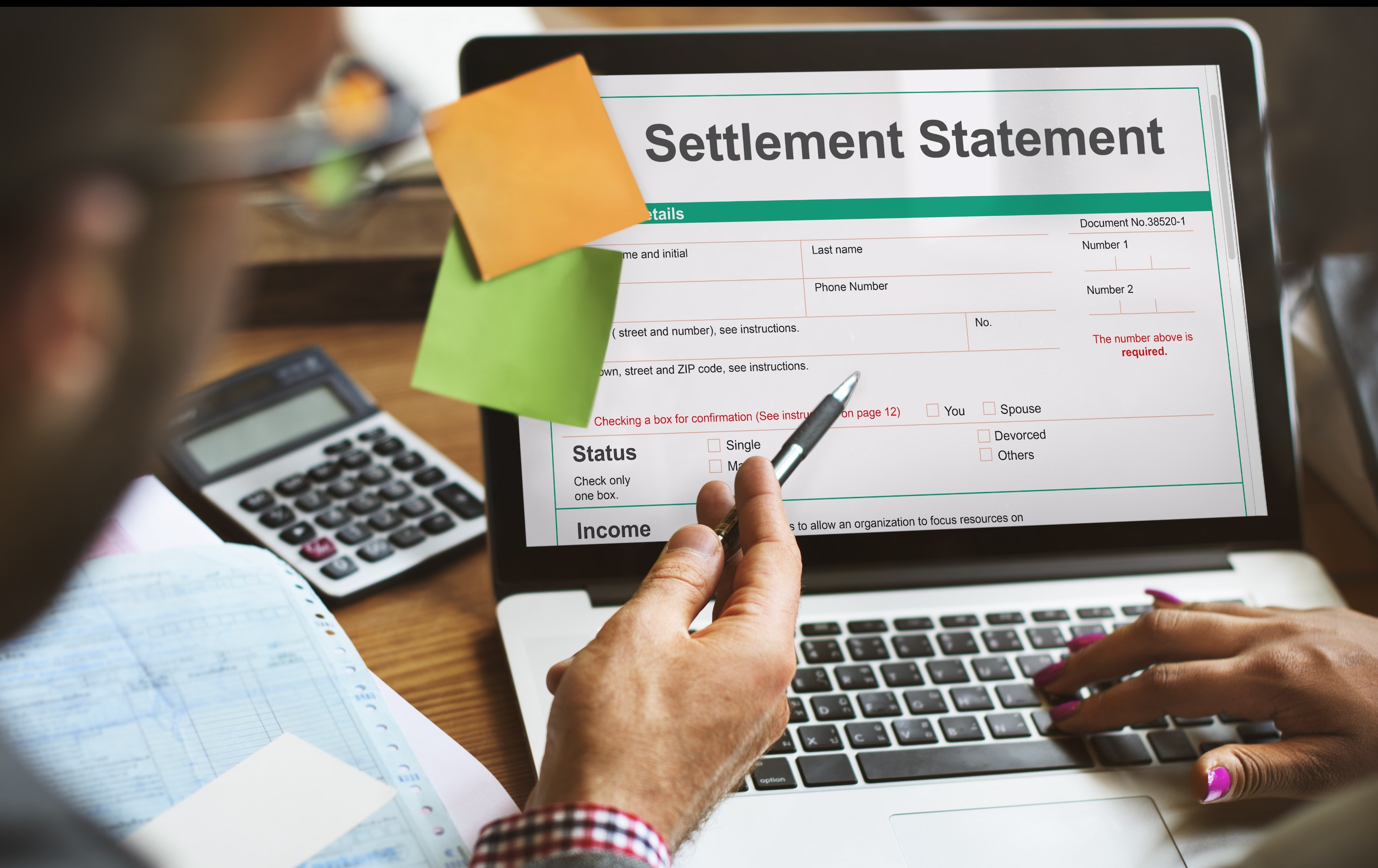
Decoding MCA UCC Liens
The acronym UCC stands for the Uniform Commercial Code, a set of laws that standardize business transactions. A UCC lien, or a UCC-1 lien, is a financing statement that creditors officially use to declare their interest in a borrower’s assets.
These filings allow the seizing of assets if the borrower defaults. They can be either a lien for an equipment loan or a lien covering all business assets for a loan.
Lenders may take your assets and request a personal guarantee if your business fails to repay the debt.
Impact of UCC Liens on Borrowers
While UCC liens are customary in commercial lending, their presence can affect your creditworthiness. Although they don’t directly harm your business credit scores, they can discourage future lenders, especially if there’s a blanket UCC filing. This filing signals to new creditors that your existing creditor holds the primary claim to your assets, potentially leaving subsequent lenders with unrecoverable debts if you default.
If you cannot repay an MCA, the provider might contact your customers to collect the payment. This action could damage your business relationships and interfere with your future operations.
Why Reviewing MCA UCC Liens is Vital
Although you might only remove a legitimate UCC filing once you’ve settled the debt, reviewing the information in the filing is crucial. Incorrect details in the filing can harm your business, and it’s essential to verify:
- Accuracy of the advanced amount reported by the MCA provider.
- Clarity on the assets the lender is placing a lien against.
- Precision of the collateral details in the filing.
- Include relevant information about your agreement.
If there are mistakes, you can talk to the secretary of state or contact the MCA provider directly.
Strategies to Remove an MCA UCC Lien
Typically, UCC-1 filings get removed upon debt repayment. However, MCA UCC liens might persist on your credit reports even after satisfying the debt. Here are the steps you can take:
- Contact the lender: If the lender still needs to initiate the removal process, request a UCC-3 statement from the MCA provider to amend or terminate the existing UCC-1 filing.
- Reach out to the state secretary: If the MCA does not respond to the request, consider contacting your local state secretary’s office. Swear under oath that you’ve cleared the debt and provide supporting documentation if required.
If the MCA UCC lien persists while you’re making payments, refinancing with another lender might be an option. However, the new lender may also place its own lien on your assets.
When to Seek Legal Assistance
Dealing with UCC liens can be time-consuming, and if complications arise, seeking legal assistance is important. An attorney can expedite the process, especially if you’ve defaulted on your MCA, helping you navigate potential customer disputes and negotiating settlements.
In situations where prompt action is necessary, and as a business owner with numerous responsibilities, hiring an attorney can be a valuable resource. If uncertain, a free consultation with an attorney can clarify whether your situation merits legal intervention.
Conclusion
Merchant cash advances offer quick financing but come with the potential burden of UCC liens, affecting your business’s financial landscape. Knowing how to handle and possibly eliminate an MCA UCC lien is important. You can do this by paying off debt, talking to lenders, or seeking legal help.
Approach dealings with MCA providers cautiously, ensuring a smooth UCC lien process to safeguard your business from unforeseen complications. If grappling with an MCA UCC lien, consider contacting Coastal Debt Resolve for expert guidance and support.










